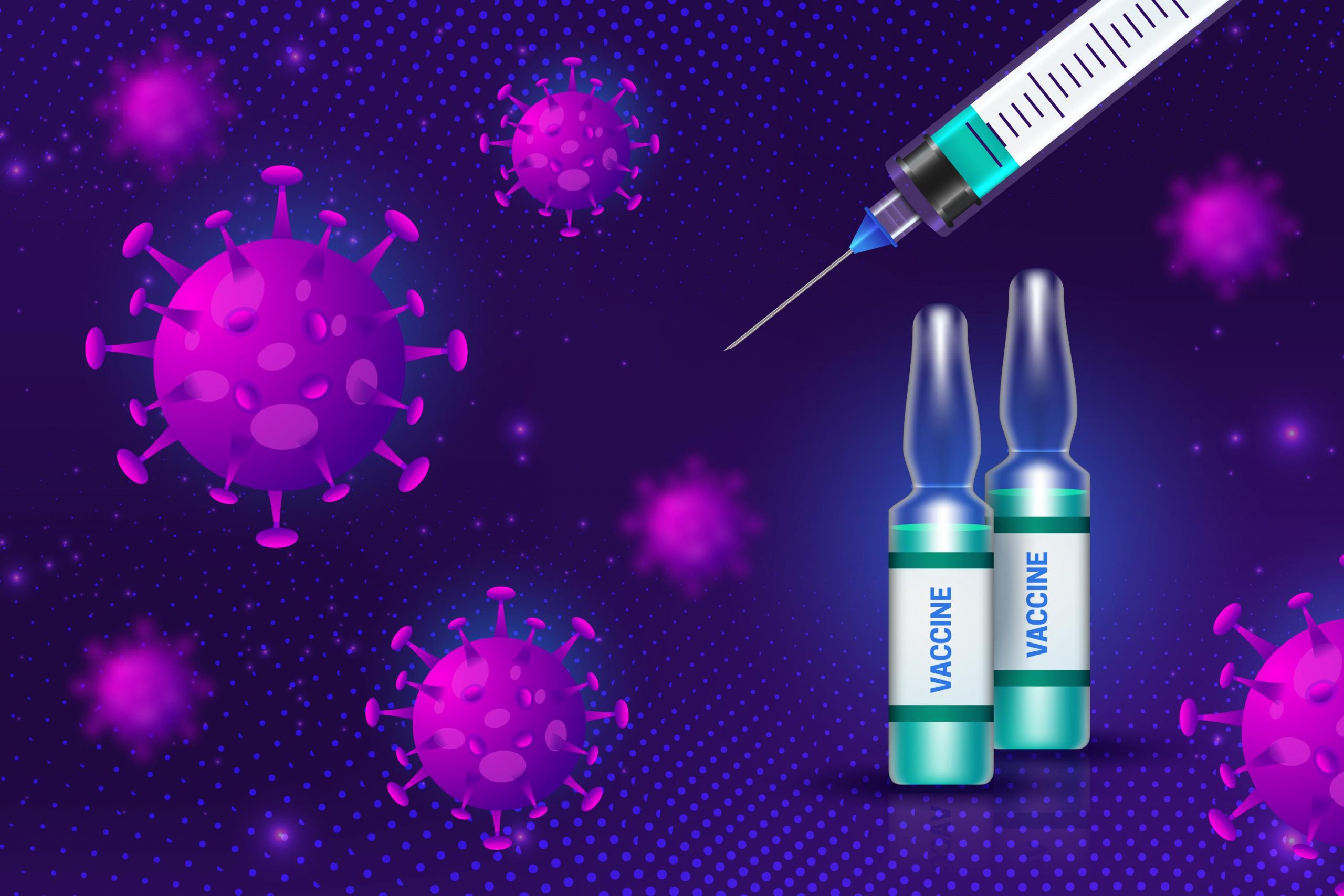

A recent rapid review suggests that full COVID-19 vaccination may reduce the likelihood of developing post-COVID-19 condition (PCC), commonly known as long COVID, by 27%. However, further research is needed, particularly among children and immunocompromised individuals.
COVID-19 Vaccination and Its Impact on Long COVID
A study conducted by the European Center for Disease Prevention and Control (ECDC) highlights the potential benefits of COVID-19 vaccination in mitigating long-term health complications after infection with SARS-CoV-2.
The COVID-19 pandemic has significantly impacted global healthcare systems, with millions of cases and over seven million fatalities reported within three years. The rapid development and widespread distribution of COVID-19 vaccines have been instrumental in reducing severe illness, hospitalizations, and fatalities while enabling societies to reopen.
Despite these advancements, millions of individuals continue to experience long COVID, a condition characterized by persistent symptoms such as brain fog, fatigue, and breathlessness that can last for weeks, months, or even years. In 2020, the World Health Organization (WHO) categorized these long-term symptoms under the umbrella term “post-COVID-19 condition (PCC).”
Study Findings: COVID-19 Vaccination and PCC Risk
The ECDC review assessed whether vaccination reduces the risk and duration of PCC by analyzing studies published after October 2021. The research focused on vaccines authorized by the European Medicines Agency (EMA) and compared fully vaccinated individuals to those who were unvaccinated.
Key findings from the review include:
- A total of 12 studies were analyzed, primarily focusing on adults, with two studies examining immunocompromised adults and one investigating children and adolescents.
- Six studies with minimal bias revealed a reduced risk of PCC among fully vaccinated adults compared to their unvaccinated counterparts.
- A meta-analysis of four high-quality studies found that full COVID-19 vaccination was associated with a 27% reduction in the odds of developing PCC.
- However, for immunocompromised adults, such as those living with HIV, vaccination did not show a significant protective effect against PCC.
Effect of COVID-19 Vaccination on PCC Duration
The review did not find sufficient evidence to determine whether vaccination reduces the duration of PCC symptoms due to a lack of longitudinal studies. However, one study analyzing hospitalized COVID-19 patients categorized PCC symptoms into major physical symptoms (MPS) and major neuropsychological symptoms (MNS). Findings suggested that vaccination might help shorten MPS, which includes fatigue, fever, cough, and breathlessness, but had no clear effect on neuropsychological symptoms like anxiety, depression, and brain fog.
Conclusion and Future Research
The findings suggest that COVID-19 vaccination not only lowers the risk of severe illness but may also reduce the likelihood of developing PCC in adults. However, more research is needed to assess its effectiveness in children, adolescents, and immunocompromised individuals.
Further studies are essential to evaluate the long-term impact of vaccination on PCC duration, with standardized definitions and consistent methodologies recommended to improve research outcomes. As the fight against COVID-19 continues, understanding the role of vaccination in preventing long-term complications remains a critical area of study.
For more information: European Centre for Disease Prevention and Control. Does COVID-19 vaccination reduce the risk and duration of post-COVID-19 condition? Rapid systematic literature review. Stockholm: ECDC: 2025. https://www.ecdc.europa.eu/en/publications-data/does-covid-19-vaccination-reduce-risk-and-duration-post-covid-19-condition [Accessed 26/3/25]
more recommended stories
 Red Blood Cells Improve Glucose Tolerance Under Hypoxia
Red Blood Cells Improve Glucose Tolerance Under HypoxiaKey Takeaways for Clinicians Chronic hypoxia.
 Nanoplastics in Brain Tissue and Neurological Risk
Nanoplastics in Brain Tissue and Neurological RiskKey Takeaways for HCPs Nanoplastics are.
 AI Predicts Chronic GVHD Risk After Stem Cell Transplant
AI Predicts Chronic GVHD Risk After Stem Cell TransplantKey Takeaways A new AI-driven tool,.
 Red Meat Consumption Linked to Higher Diabetes Odds
Red Meat Consumption Linked to Higher Diabetes OddsKey Takeaways Higher intake of total,.
 Pediatric Crohn’s Disease Microbial Signature Identified
Pediatric Crohn’s Disease Microbial Signature IdentifiedKey Points at a Glance NYU.
 Nanovaccine Design Boosts Immune Attack on HPV Tumors
Nanovaccine Design Boosts Immune Attack on HPV TumorsKey Highlights Reconfiguring peptide orientation significantly.
 High-Fat Diets Cause Damage to Metabolic Health
High-Fat Diets Cause Damage to Metabolic HealthKey Points Takeaways High-fat and ketogenic.
 Acute Ischemic Stroke: New Evidence for Neuroprotection
Acute Ischemic Stroke: New Evidence for NeuroprotectionKey Highlights A Phase III clinical.
 Statins Rarely Cause Side Effects, Large Trials Show
Statins Rarely Cause Side Effects, Large Trials ShowKey Points at a Glance Large.
 Anxiety Reduction and Emotional Support on Social Media
Anxiety Reduction and Emotional Support on Social MediaKey Summary Anxiety commonly begins in.

Leave a Comment